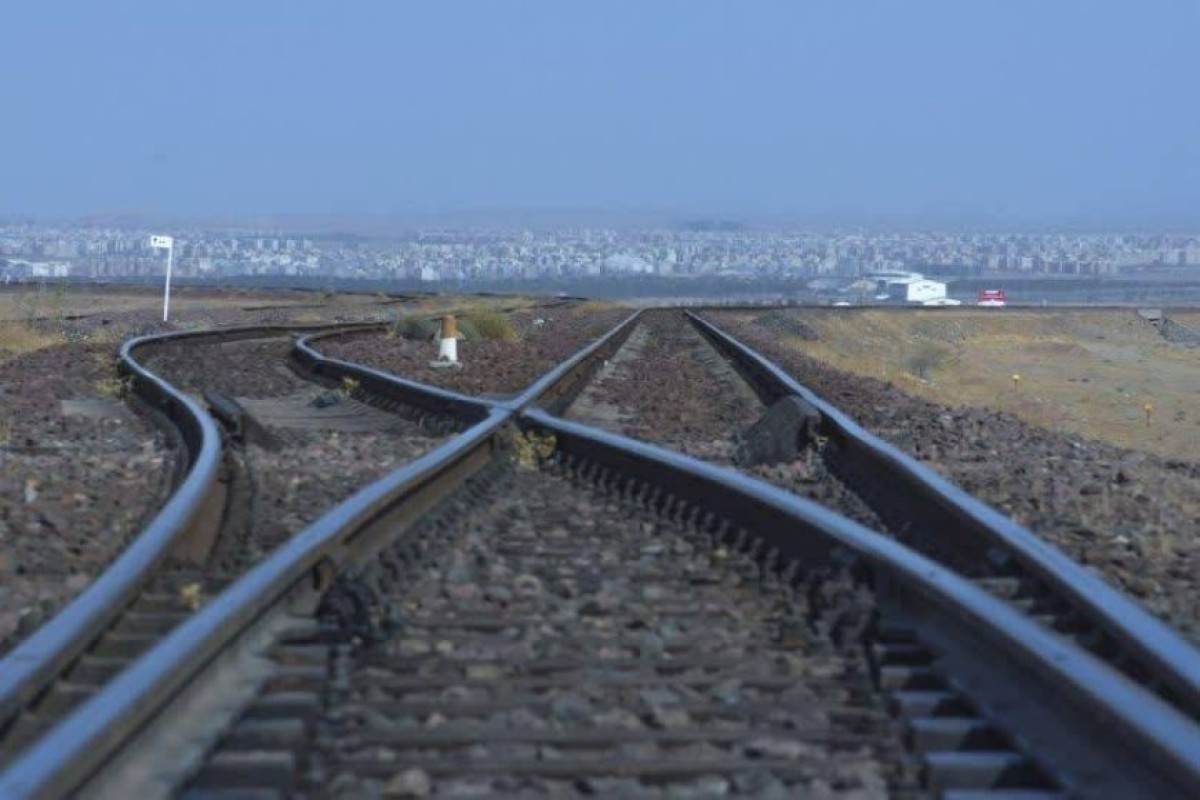 911
911
The Caspian Corridor: How Baku Became Moscow's Lifeline and Gateway to the Persian Gulf?
The Caspian Corridor: How Baku Became Moscow's Lifeline and Gateway to the Persian Gulf?
By: M.S. Qorbani
In the aftermath of Russia's special military operation in Ukraine, the strategic significance of the Republic of Azerbaijan has grown exponentially, a development largely attributable to the nation's pivotal geographic position and bountiful natural resources, compounded by the intractable Nagorno-Karabakh conundrum.
As the war in Ukraine rages on, the imposition of European Union sanctions against the Kremlin, coupled with Russia’s retaliatory countermeasures, precipitates profound disruptions in commercial and economic relations between the East and West. Consequently, the Republic of Azerbaijan assumed heightened importance for Europe, not merely due to its energy resources but also its strategic location astride the crucial east-west transit corridors, thereby mitigating the continent's previous overreliance on Russia. Conversely, Russia itself sought alternative routes to circumvent the stringent Western sanctions, rendering the north-south transit routes traversing Azerbaijan an indispensable conduit.
Moscow's much-anticipated project, the International North-South Transit Corridor (INSTC), a vast network of rail, road, and maritime routes linking Russia to Iran and its Persian Gulf ports, hinges upon the cooperation of Azerbaijan, the sole nation bordering both Russia and Iran and possessing a railway interconnecting Russian and Iran, in a time that, Azerbaijan has emerged as an irreplaceable partner for Russia over the past two years in facilitating the transportation of goods to the Persian Gulf ports.
Mere months after the Russian incursion commenced, Azerbaijan's dictator Ilham Aliyev inked an accord with the European Union to double the country's natural gas exports to Europe as the verdant continent strove to expedite its emancipation from Russia's energy stranglehold. This strategic maneuver yielded a windfall, with Azerbaijan's income from energy exports soaring from $19.5 billion in 2021 to a staggering $35 billion in 2022, accounting for over 92% of the nation's total exports and exceeding half of its budgetary revenue.
Concurrently, Russian oil and gas exports through Azerbaijan surged significantly after Moscow's access to a substantial portion of the European market was severed in the wake of the hostilities with Ukraine. Notably, Russian oil exports to Azerbaijan quadrupled in 2023, underscoring the nation's burgeoning importance as a transit hub.
Russia's protracted and attritional conflict in Ukraine diminished Moscow's capacity to implement the 2020 ceasefire agreement brokered between Armenia and Azerbaijan following the Second Nagorno-Karabakh War. Despite the presence of 2,000 Russian peacekeeping forces, the Republic of Azerbaijan relentlessly exerted pressure on the Armenian-controlled territory of Nagorno-Karabakh, culminating in its complete conquest in September 2023.
In today’s geopolitical landscape, the Republic of Azerbaijan has assumed pivotal importance for myriad international players. The European Union not only covets Azerbaijan's energy resources but also recognizes that the country represents the sole viable corridor to access the energy markets of Central Asia without traversing Russia or Iran, two nations under Western sanctions.
Similarly, the United States is acutely cognizant of Azerbaijan's geopolitical value, and as Washington's relations with Moscow and Tehran further deteriorate, Baku's importance to the United States will only intensify. Conversely, Russia and Iran, keenly aware of Azerbaijan's geopolitical significance amid their strained ties with the United States, perceive Azerbaijan as a strategic player in the region.
The officials in Baku, recognizing this dynamic, have adroitly navigated communications with diverse parties, leveraging their bargaining power to extract greater concessions. One of the primary reasons Moscow was unable or unwilling to secure concessions from Baku in exchange for the withdrawal of its peacekeeping forces from Nagorno-Karabakh was its anti-NATO war in Ukraine and subsequent international isolation. Consequently, the Russians are now less inclined to jeopardize relations with Aliyev’s regime.
In conclusion, Russia sought to circumvent the Western sanctions by exploiting Azerbaijan's strategic geographic position, and by conceding Azerbaijan's complete control over the disputed Nagorno-Karabakh region, Moscow endeavored to maintain its influence and preclude the encroachment of other parties, namely the NATO, in this pivotal region. The Republic of Azerbaijan has deftly capitalized on this geopolitical flux, maneuvering to consolidate its newfound preeminence on the global stage.
 911
911
Comment
Post a comment for this article